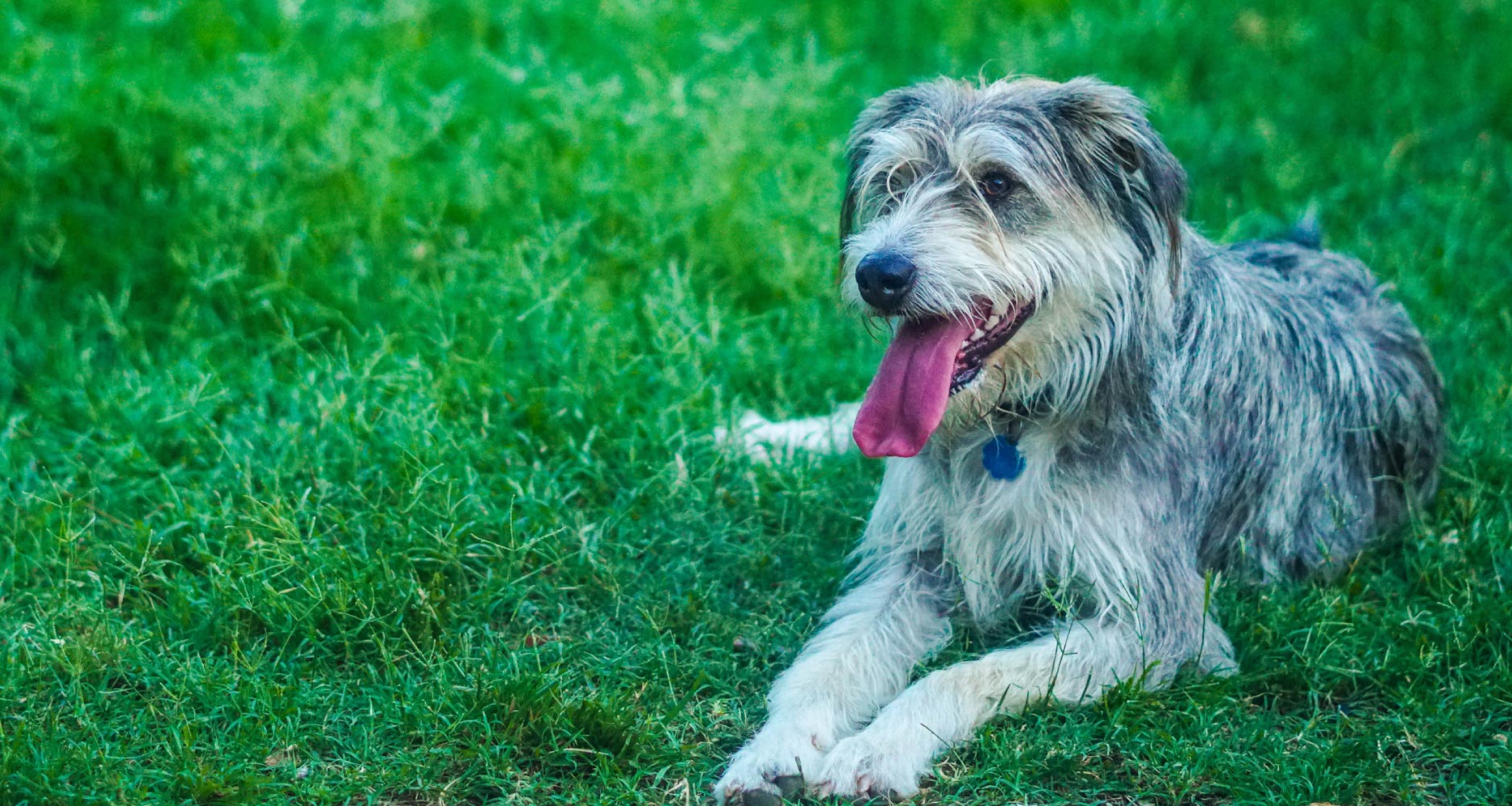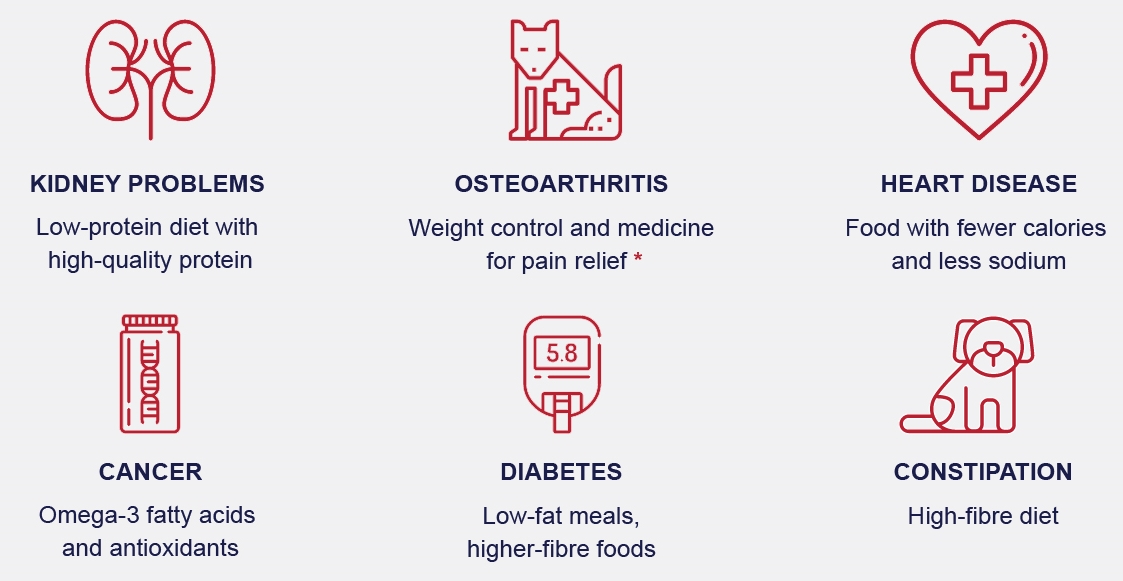HEALTH & WELLNESS

VOTING BOOTH

TRENDING

LIONS FOUNDATION OF CANADA DOG GUIDES
Lions Foundation of Canada Dog Guides and its founding program, Canine Vision Canada, was established in 1983. It’s the largest school of its kind in Canada with its training school in Oakville and breeding facility in Breslau.
Why You Should Adjust a Senior Dog’s Diet

Dogs have different dietary and nutritional requirements at different life stages.
Senior dogs often have very specific needs that have to be met to promote quality of life and even life expectancy.
Sometimes it’s challenging to feed them, but often small changes can improve wellness and well-being.
HOW OLD IS A SENIOR DOG?
In general, dogs between six and ten years of age are considered ‘senior’.
Basically when they’ve reached half of their breeds’ life expectancy.
ASK YOUR VETERINARIAN WHEN IT’S TIME TO SWITCH TO SENIOR FOOD
ONE SIZE DOES NOT FIT ALL
If you have more than one dog and they’re in different life stages, don’t feed them the same food. There may be multi-stage options, but each dog deserves the right food for its age.
FACTORS TO CONSIDER FOR THE DIETARY AND NUTRITIONAL NEEDS OF SENIOR DOGS
ACTIVITY LEVELS
When dogs get older and less active, they generally need to consume fewer calories to reduce the risk of becoming obese. Obese dogs often suffer from joint problems such as osteoarthritis.
APPETITE
Some dogs will naturally eat less as they get older, but they still need food designed for their age. If they lose interest in dry food, you can make it more appealing by adding warm water or a small amount of wet food. Some dog owners also give home-cooked meals that are appropriate for dogs.
Loss of appetite could be a sign of disease so contact your veterinarian if your dog is not eating.
WATER INTAKE
With age comes certain conditions and diseases that can increase thirst or lead to dehydration. Examples include kidney problems, liver disease, diabetes, cancer and Cushing’s disease. If you’ve noticed an increase in your dog’s water consumption, discuss it with your veterinarian. Some medications can also increase thirst.
CONDITIONS AND DISEASES
When it comes to certain conditions, age is a big factor. Then again, some breeds are just more prone to illness than others. Whatever the case or cause, older dogs with health problems often need customized diets and even medication. Here are a few examples of diseases and dietary adjustments that may be recommended.

IN SOME CASES, A NEWLY DIAGNOSED DISEASE WILL REQUIRE IMMEDIATE INTERVENTION TO IMPROVE OUTCOME.
*Dogs that suffer from osteoarthritis are usually in pain, so they’re not always interested in playing or exercising which can lead to weight gain.
Don’t give your dog any supplements (or medication) before consulting your veterinarian.
WHAT ABOUT TREATS AND SNACKS?
Experts recommend healthy, low-sodium, low-fat snacks for senior dogs. You can try offering your dog carrots and apples, but never feed any dog grapes or raisins.
PLEASE NOTE: Snacks should form part of your dog’s daily calorie allowance.
IS YOUR DOG’S DIET AGE-APPROPRIATE?
If you have a senior dog, especially one with a health condition, talk to your veterinarian about a diet that’s breed, size and age-appropriate.
When you think senior dog food, think about the following:
- Quality
- Enough Fibre
- Highly digestible
- Nutritious
- Well-balanced
- Lower in calories
- Less, but quality protein and adequate fats
REMEMBER: DON’T SKIP ROUTINE CHECK-UPS.
Your veterinarian can help you keep up with your senior dog’s dietary and nutritional requirements.
Related Articles








